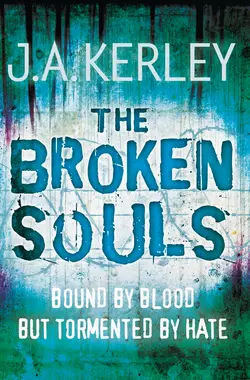The Broken Souls

J. Kerley
Тип: электронная книга
Жанр: Ужасы
Язык: на английском языке
Стоимость: 288.34 ₽
Статус: В продаже
Издательство: HarperCollins
Дата публикации: 25.04.2024
Отзывы: Пока нет Добавить отзыв
О книге: A brilliant new psychological serial killer thriller featuring homicide detective Carson Ryder, hero of the bestselling ‘The Hundredth Man’ and ‘Her Last Scream.’Blood was everywhere, like the interior had been hosed down with an artery …The gore-sodden horror that greets homicide detective Carson Ryder on a late-night call out is enough to make him want to quit the case. Too late.Now he and his partner Harry are up to their necks in a Southern swamp of the bizarre and disturbing. An investigation full of twists and strange clues looks like it′s leading to the city′s least likely suspects – a powerful family whose philanthropy has made them famous. But behind their money and smiles is a dynasty divided by hate.Their strange and horrific past is about to engulf everyone around them in a storm of violence and depravity. And Ryder′s right in the middle of it …